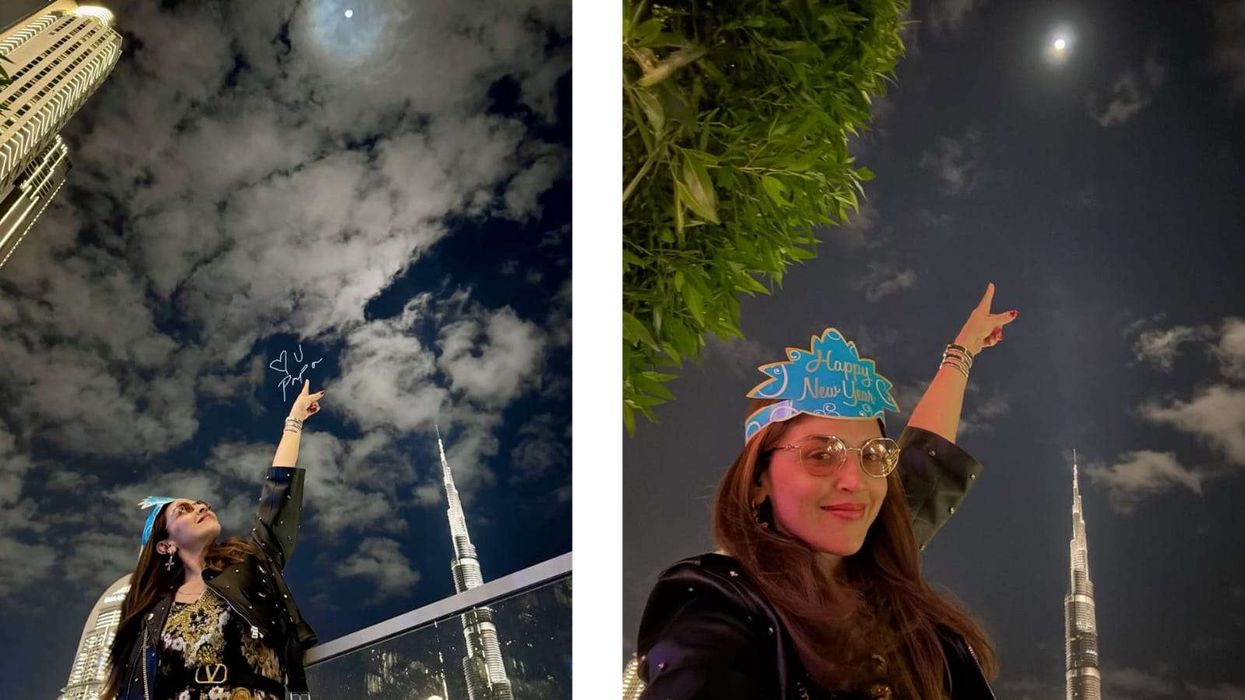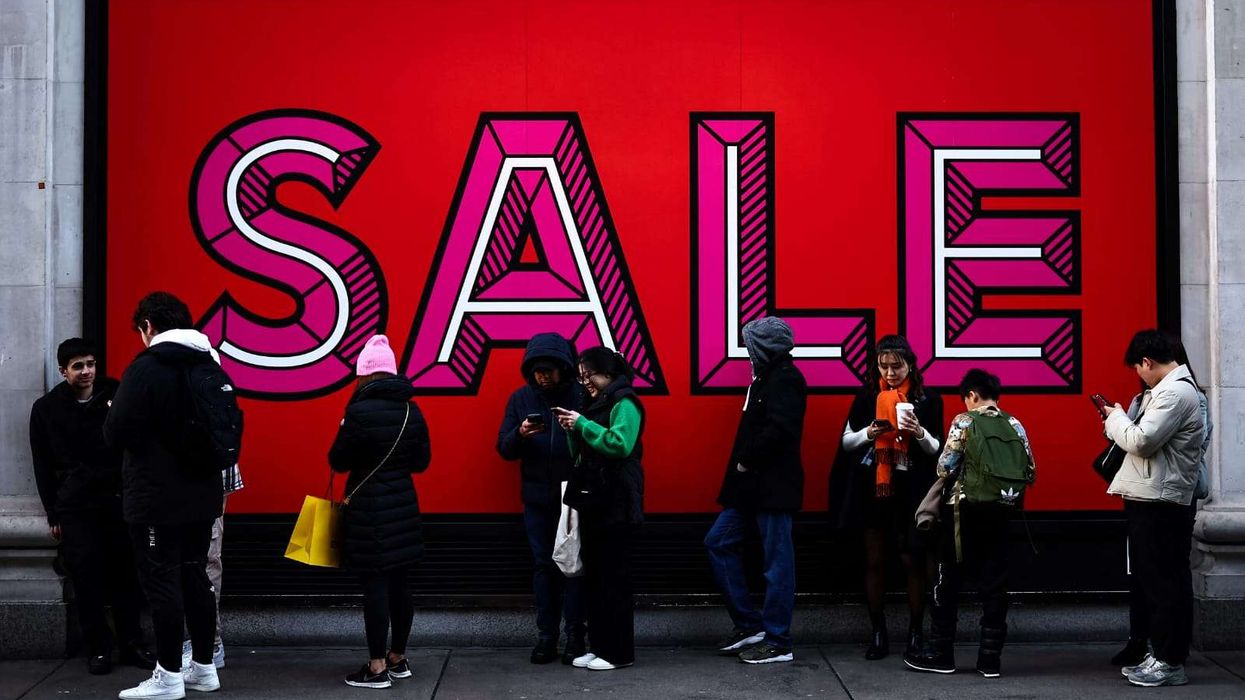Actor Karan Wahi, whose film Hate Story 4 released yesterday, talks about what led him to come on board, what he loved about the script and the experience of shooting the film abroad.
What is so special about Hate Story 4, what is your role?
I think the most special thing about Hate Story 4 is the franchise. It's a very successful franchise. I don't know about the other stories because I haven't been part of them, but when they (the makers) came to me with this story, their entire perspective was just not to sell sex. It’s a thriller and there is a quotient of sex in it but we didn’t want to make it look like an erotic thriller. We wanted to make it look like a thriller, which has a story. I think that is special because whenever we think of a film, we feel that it has to have a love story between the actor and the actress. That is the flip side of the film. It is literally a hate story. The songs have been done by T-Series and they make it a point to have their actors look good. The story looks good and the songs are great. In the film, I am playing the son of a very affluent tycoon, basically, a very rich guy who works with his father. His name is Rajveer and he is in his mid-20s and is more flamboyant, more expressive than probably his father or his brother.
What do you think when you think of the title Hate Story 4?
I think it's apt because every Hate Story revolves around the hatred of the characters. Whenever any part of the franchise has released, you know it's a revenge story. I think it's an apt title. It's great I just hope people love this Hate Story too.
Have you hated anyone in real life?
Hate is a very strong word and I think I did when I was young. But as I grew a little older, I realised that hate is not the word I would use to express. I think disliking is the term I would associate myself with. I might like or dislike someone but I think very rarely now I hate somebody.
Hate is the opposite emotion of love. People, who love someone when things change, may hate the same person they love. What you have to say about that?
I think you hate the circumstance more than you hate the person. I think anyone that I have loved in life or anyone who was close to me and is not anymore, I don't hate them. I feel with time those people, who you loved the most or you were closest to, don't matter to you as much as they used to.
Films or television, which medium you enjoy more and why?
I think both mediums, films are TV, are equal for the viewers. This hierarchy has been created by us. And now, we have put another medium in the race, that is the web. I have been here for a long time and I have done web, fiction and non-fiction. I have realized I give my best to all projects, irrespective of the medium they are aired on. I do the same thing I can if I have to act on television. I will put as much effort when I do films. At the end, I am an actor. It's just that the medium keeps changing and that doesn't make my efforts become less.
'TV actor' is a tag a lot of TV actors don't like when they start doing films. What's your viewpoint on that?
I don't have a problem with being called a TV actor because that's where I started my journey. There is a classic example of Shah Rukh Khan. We still say he is from television but we don't call him a television actor. But when we have to give an example of actors making it big we say, Shah Rukh Khan, Sushant Singh Rajput. I think that will always be there and it is not good or bad. It's there because it is what got you in the limelight. So even if I do one film or many films, people will call me a television actor and I'm okay with it.
How much is too much bold in films? How comfortable are you doing bold scenes? If you are asked to do full monty in a film or a TV show, will you do it?
I am very comfortable. I shot for a few web shows in the last one year, where there were bold scenes. There are bold scenes in Hate Story IV too, but not too many. It depends on what is bold to everybody. To me what is bold, may not be for others. But I think I have realised that I am comfortable with anything and everything on television or any medium, till the time I genuinely believe in whatever is happening in the scene. If I can justify not doing something, I won't do it. Also, in today's time, kissing has become a normal thing. So, I think, 10 years from now what we are calling bold today might not be bold tomorrow. As far as going full monty is concerned, if I agree with why I have to go full monty, I’ll do it. Then I won't think too much. I don't want to go full monty to sensationalize anything.
What kind of films do you want to do ideally?
I'd rather do anything and everything that comes naturally to me. I have been instinctive in life and have done certain things, which have worked and some that haven't. But that's the way it is. If I become choosy, then I am curtailing myself from the word go. If I say I want to do a romantic film, then I am curtailing myself from other genres. Anything and everything that comes to me might be a romantic story, action or anything else, in which I can at least add something to the project, I would love to do it. Usually what happens is with people like me, who have a decent body, unfortunately for us, everything is about showing the body. People talk about your look, body and dance, but rarely they talk about your work. I think that is one reason that I don't mind doing anything that makes me happy. 10 or 20 years from now, I'll at least have a lot of things that I would have done, which would be different.
How was the London schedule?
My two months in London was a great time. We roamed around Northampton in London and saw some really nice places. I spent a lot of time with new people and had some really interesting conversations with strangers. I think it's been a great trip.
Any interesting incidents concerning your co-stars?
Most of the shooting was in the night, it was so cold that when we were not shooting, we used to lock ourselves in the room. I had a great time with Vivan because we like the same things and we could talk a lot, though we did not shoot too much together. One interesting thing was that one day, I had an off so I went to a pub. I went to the bar counter and asked for a drink. There was an old man in his 80s. He said, ‘Excuse me, young man, don't you see we are sitting here?’ I had unknowingly invaded their space. I said 'I am really sorry sir' and later he asked me what I was having and insisted that I have what he was having. So before the bartender could get me my drink, he asked me to have a sip from his glass. And after I did, he said welcome to the gang. I had a one-hour conversation with three men 75, 79 and 83 years old. It was fun and in the conversation, I realised they were not friends but had, in fact, met at the bar. That's what I loved about it, you cannot do this here in India.











